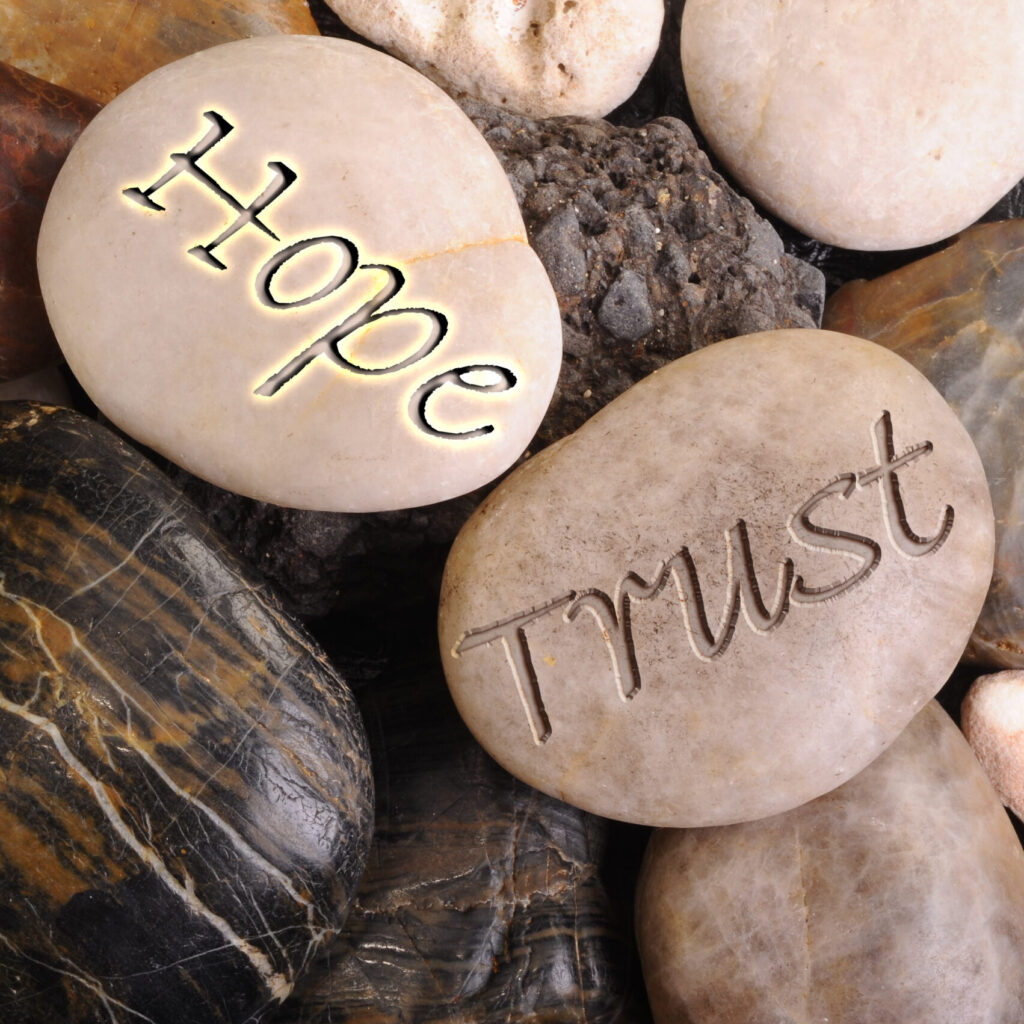
How Grief and Loss feel during a pandemic
Experiencing loss and grief can be exceptionally painful and challenging under the best of circumstances. During a pandemic, however, grieving can take a completely new meaning. Sick and elderly are dying alone in hospitals surrendered by strangers. Their loves ones are unable to be by their bedside to comfort them, tell them how much they love them, and say their last goodbyes.
Families are not allowed to be in the hospital when their loved ones undergo life-threatening surgeries. Funerals cannot be attended, depriving the loved ones of a chance to pay their last respects. Funeral homes store a huge back log of bodies in previously unimaginable ways and for unprecedented length of time as they are unable to keep up with the demand.
Such experiences can be so traumatizing that grieving might become a lot more complicated and take longer to process during a pandemic than under normal circumstances.
And then there are other unprecedented losses we experience during a pandemic that can profoundly impact us, even though they have nothing to do with death and illness. Countless people face layoffs and financial hardship. Children are born without fathers and grandparents present during the delivery. Our routines are disrupted. We can’t spend in person time with our family members, friends, and coworkers. Schools are closed resulting in kids being deprived of their peer network. Weddings are postponed for indefinite time. Anxiously anticipated graduation ceremonies are called off. Long awaited vacations are canceled. Newly acquired dream jobs are recalled. People in long distance relationships cannot fly to be with each other. Grandparents cannot spend time with their grandkids due to safety concerns. And so on, and so forth ...
The scenarios are countless, and each one of them can result in an unprecedented, profound and overwhelming grieving response.
While grief cannot be “cured” or “fixed”, there are things we can do to help ourselves through the grieving process.
Reach out to support systems
Even though in-person contact is limited during the pandemic, make sure to keep close connections with caring and supportive people in your life. Utilize any technology available to you, from texting to three-way-calling to video chats like FaceTime, Zoom, WhatsApp, or Facebook messenger.
Express your feelings
Processing of feelings is crucial during the grieving process. Allow yourself to feel whatever you feel at the moment without judgment. Don’t shy away from experiencing your emotions, no matter how difficult that might be. Name and validate your feelings. Vent with supportive friends and family. Use journaling and art to get in touch with and express your emotions.
Prepare for a roller coaster
For most people, the grieving process follows certain predictable stages of denial, anger, bargaining, depression and acceptance. Moving back and forth through those stages can feel overwhelming and chaotic, though. Expect that your feelings are going to be all over the map. One day you might be completely OK, and the next day you might find yourself crashing to the point of not being able to function. While this back and forth oftentimes leaves people feeling like they’re going crazy, be assured that it is very normal for a grieving process.
Be good to yourself
Remember that you’re going through a very difficult and painful time which can be extremely draining, both emotionally and physically. Take care of your body, mind and spirit. Do something nice for yourself every day. Actively engage in stress management. Go for a walk. Take extra time to relax. Eat healthy. Get a good night sleep. Exercise. Meditate. Go for a walk. Read. Breathe deeply. Avoid drugs and excessive use of alcohol.
Practice gratitude
No matter how painful this time might be and how many losses you might have suffered, try your best to recognize and focus on things that you can be grateful for. Are you and your loved ones healthy? Do you have a job? Do you have supportive friends and family? Do you have roof over your head and food on the table? Are your kids safe at home with you? Start a gratitude journal and add to it each and every day to balance the challenges you’re facing with the good things in your life.
Contact a therapist
If struggling by yourself becomes too much to handle, reach out for help. Most therapists offer Online Therapy: Telehealth during the coronavirus. The pain of losing someone or something very dear to you can be extremely overwhelming and difficult to deal with, so do not hesitate to get help. Having a therapist help you through this challenging time can make a huge difference.
And last, but not least ... Remember that the acute grief eventually ends. Even though it might not feel like it at the moment, the brain eventually processes the loss so you can heal and move on. One day, you will be able to talk about the loss without the despair you feel today. You will laugh and be happy again. And in case you lost a loved one, never forget that s/he will forever live in your heart even if s/he can’t physically be with you.
